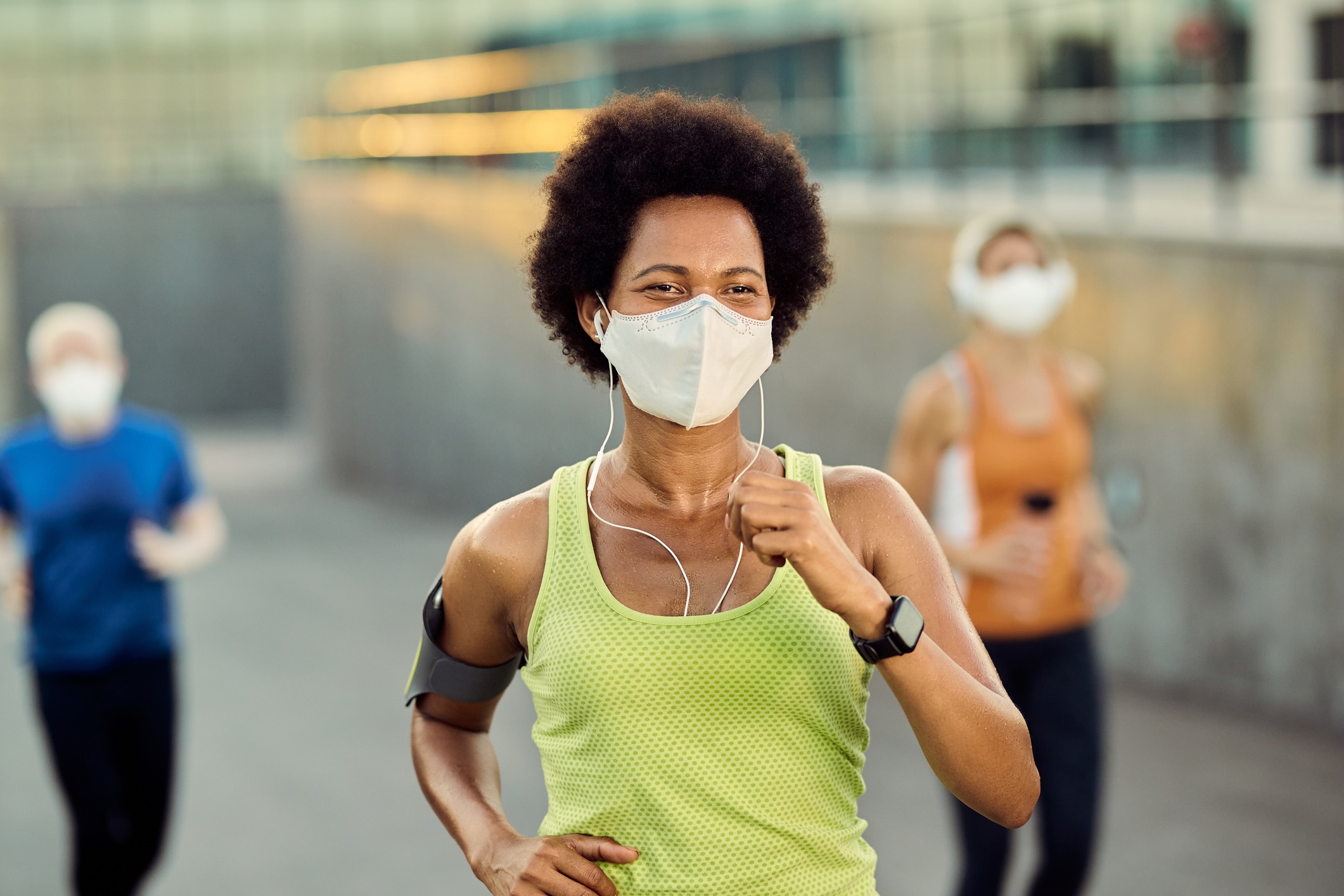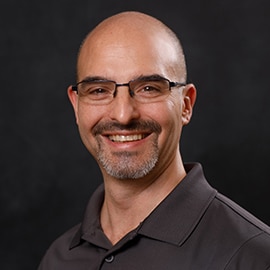
Sports and other group physical activities were put on hold for several months because of COVID-19, but some groups are starting to practice and compete again.
If your fitness routine changed during the pandemic, make sure you’re safely getting back into the game.
The key is to take it slow. Gradual progression can be tough because we’re usually excited to jump back into activities we love, and sometimes we compare ourselves to where we used to be. Your body is likely not ready to handle the same load or stress it was before the pandemic.
Sports will probably look different for a while. If your team is playing, there might not be fans in the crowd and some teams or organizations might require athletes to wear masks while practicing or competing.
Activity is important right now. Find something that keeps you occupied and positive. Being active not only helps your physical health but your mental health, too.
It’s important to remember that this is new to all of us and we’re doing the best we can. If you’re not ready to jump back into group sports right now, that’s OK. Any activity is better than no activity, so I recommend going for a walk, a hike or riding your bicycle.
Here are some tips for safely returning to sports and exercise:
- Pace yourself. Start at 50% of where you were before you cut back on your physical activity. Gradually increase with each training session.
- Warm-up. A good, dynamic warm-up is crucial. You want to do something that makes you sweat. A walk, jumping jacks and toe lifts will all help prepare your muscles and joints for exercise.
- Hydrate. A large percentage of your body is made of fluid. If you’re dehydrated, your joints and muscles will not be as prepared as they need to be. Make sure you’re drinking fluids throughout the day. Stay away from alcohol and caffeine.
- Know your body. Being challenged is important, so you should feel tired and have sore muscles after a workout, but if the discomfort doesn’t go away, you might have pushed yourself too far. You should not feel dizzy, lightheaded or have chest pain from exercise. If you have these symptoms, call your doctor.
- Rest. I’m a believer that we all need at least one day of rest a week. Everyone is different, though. It’s good to slow down and pay attention to the cues your body is giving you.
UofL Health – Sports Medicine provides treatment and prevention services for injuries related to sports and exercise. Call 502-637-7678 to schedule an appointment. Telehealth appointments are also available.









